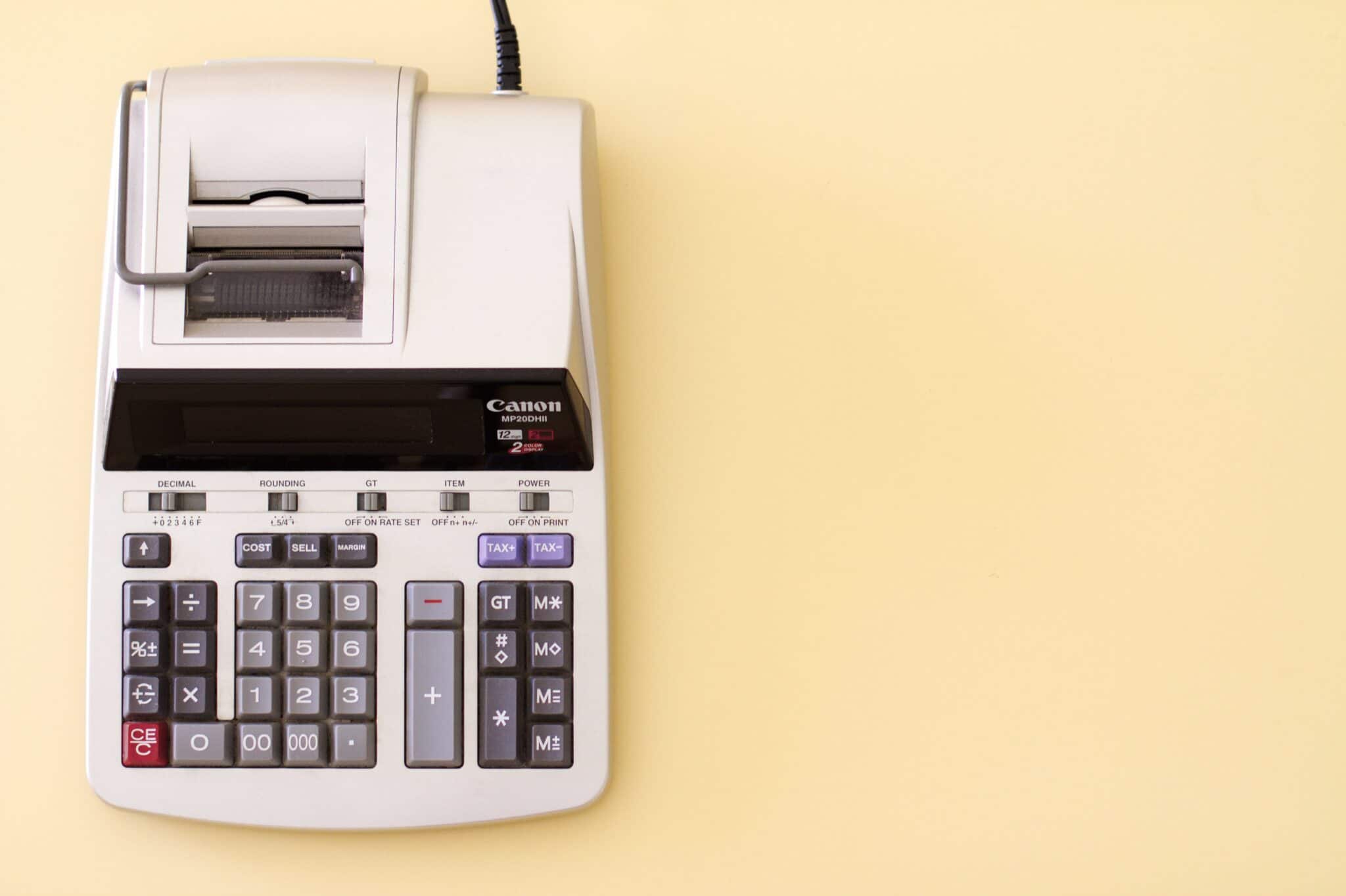FEATURED ARTICLE
How To Calculate Your Net Worth

Rebekah May
July 14, 2020 •3 min read
TABLE OF CONTENTS
What Is Net Worth?
How Do You Calculate Net Worth?
What If The Number Is Negative?
Can I Track My Net Worth?
You may have heard the term Net Worth, but what does it mean, and how can you calculate your own?
What Is Net Worth?
Your net worth is a single number that can be used to determine your current financial position.
This number could be positive, or negative, and can be tracked over a person's lifetime. Tracking net worth can be a helpful way of understanding if your finances are improving or not.
Someone who has worked for fifty years and has successfully managed their money may have a high net worth. Whereas, a recent graduate who's just started a job, is more likely to have a low, or even negative, net worth.
How Do You Calculate Net Worth?
The basic net worth calculation is Assets - Liabilities = Net Worth.
1. List all your assets
An asset is described as something that is useful or valuable to a person.
Start by writing down the value of everything you consider to be an asset. This could be the value of your property or your car. The amount of money you have in savings, investments or checking accounts. Or money you have saved in retirement funds. If you have expensive jewellery, or a designer bag this could also be included as an asset.
Generally, you only need to note down everything that could provide a source of cash flow in the future. For example, if you own an expensive piece of tech, only include this as an asset if it's likely to one day generate some money. Likewise, if you don’t actually own the item then you can’t consider this an asset.
2. List all your liabilities
The next part of the net worth formula is to note down all your liabilities.
A liability is anything that you are responsible for, especially an amount of money owed. In this list of liabilities, you should include things like the balance of any mortgages, student loans, credit card repayments, etc. If you have any big household bills, or taxes due, you could also include these as liabilities.
3. Calculate Assets - Liabilities
Once you know both the sum of your assets and the sum of your liabilities you now just need to subtract them. The number you have left is your net worth.
Example calculation…
John is 40 years old. He owns a home worth £200K and has £50K left to pay on the mortgage. He also owns one car, which he paid for in full when buying. John hasn’t paid off all of his student loans yet but does have some savings. He owes £4K on credit cards. He has also been adding into his pension pot since the age of 25.
Assets:
House - £200K
Pension - £30K
Car - £12K
Savings - £22K
Total assets = £264K
Liabilities:
Mortgage - £50K
Credit cards - £4K
Student Loan - £10K
Total liabilities = £64K
We can now work out that at this current moment, John has a net worth of £200K (£264K - £64K)
What If The Number Is Negative?
If you’ve calculated your net worth and are panicking that it’s a negative number, try not to worry too much. Normally a negative net worth is a result of a young earner, with high student loan debts. As you begin to create a solid financial routine, your assets will start to increase enough to outweigh any debts.
Can I Track My Net Worth?
The number you have just calculated is a one time view of your net worth.
It can be a good idea to revisit this calculation a couple of times a year, writing down the value as you go. As you add to your savings accounts or pay off any debts you should see your net worth value increase.
Seeing this increase is a sign of good financial health! Some people, therefore, find that tracking this number is a great motivation to keep hitting their financial goals.
You can use a net worth calculator online, or you can track your Net Worth using the Emma app. Connect any current accounts, credit cards, investments, and loans you have and we'll show you your Net Worth. You'll even be able to track how your Net Worth has changed over time by using the time filters, or by clicking on the graph!
Are you going to calculate your net worth? Let us know on Twitter, or start a conversation on our community pages!
You may also like
Check out these related blog posts for more tips
© 2025 Emma Technologies Ltd. All Rights Reserved.
Emma is registered and incorporated in England and Wales.
Emma Technologies Ltd is an appointed representative of RiskSave Technologies Ltd, which is authorised and regulated by the Financial Conduct Authority (FRN 775330).
Payment services (Non MIFID or Deposit related products) for Emma Technologies Ltd are provided by The Currency Cloud Limited. Registered in England No. 06323311. Registered Office: Stewardship Building 1st Floor, 12 Steward Street London E1 6FQ. The Currency Cloud Limited is authorised by the Financial Conduct Authority under the Electronic Money Regulations 2011 for the issuing of electronic money (FRN: 900199). For more detail on how your money is protected please see here. You can also find Currency Cloud's Terms of Use here.
Emma Technologies is an Introducer Appointed Representative of Quint Group Limited and not a lender. Quint Group Limited is authorised and regulated by the Financial Conduct Authority (Firm Reference Number 669450). Monevo Limited is an Appointed Representative of TransUnion International UK Limited. TransUnion is authorised and regulated by the Financial Conduct Authority (Firm Reference Number 737740). Emma Technologies introduces customers first to Quint Group Limited, as a licensed credit broker, who then refers on to Monevo Limited.
Emma is registered with the Financial Conduct Authority under the Payment Services Regulations 2017 for the provision of payment services.
Financial Conduct Authority Reg Nr: 794952.
Company Registration Number: 10578464.
Data Protection Registration Number: ZA241546.
All testimonials, reviews, opinions or case studies presented on our website may not be indicative of all customers. Results may vary and customers agree to proceed at their own risk.
Resources: Cancel subscriptions, Cashback offers, Who charged me, Rent Reporting, Budgeting, Investment universe, Emma vs Moneyhub.
Featured cashback offers: Samsung, SimplyCook, NordVPN, Audible, M&S Homeware.









